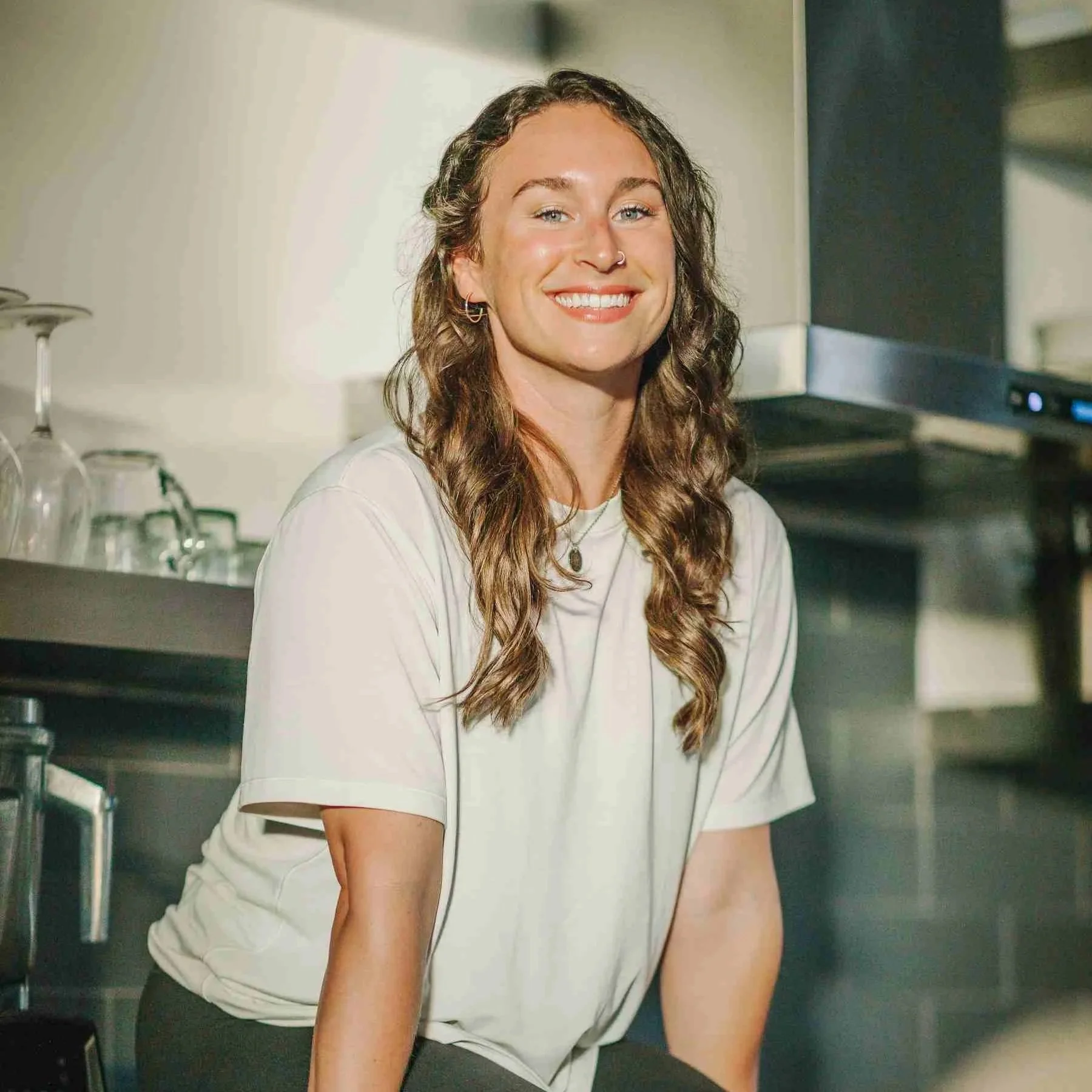Nutrition Tips For Teachers: Back-To-School Meal Ideas
If you're a teacher running on caffeine, granola bars, and sheer willpower, you’re not alone. Between lesson planning, grading, classroom chaos, and trying to sneak in a bathroom break, your own nutrition falls low on your list.
But here’s the thing: your energy, focus, and even your mood are directly impacted by what (and when) you eat. And, as busy as you are, you do still have to eat!
In a recent podcast interview, I had the opportunity to speak on this topic: how busy educators can fuel themselves with small, realistic changes that don’t involve giving up their beloved coffee or spending Sundays meal prepping like a food blogger. Listen to the Science of Reading Formula podcast episode here:
Snack Smarter, Teach Better: Listen on Apple
Snack Smarter, Teach Better: Listen on Spotify
While the full podcast will give you more details, I’m sharing a bit of what we talked through here as well:
Step One: Feed Your Brain (No, Coffee Isn’t Food)
Your brain uses about 20% of your daily energy. If you’re skipping meals or relying solely on coffee to get through the day, you’re likely underfueling. One of the most common patterns I see in my time working with many teachers is unintentionally under-eating during the day and then coming home starving and eating everything in sight.
You don’t need perfectly prepped meals or elaborate cooking processes; you need to eat more consistently and intentionally. Prioritize meals and snacks that include protein, fiber, and fat to keep your energy steady.
Step Two: Portable + Practical Meals and Snacks
You are making thousands of decisions daily, often for little (or big) kids who rely heavily on you. You don’t need to overwhelm yourself with more decisions, so a little bit of planning ahead can help you avoid food-related decision fatigue and, in turn, fuel yourself well so you have more energy to make those other decisions:
Quick Breakfasts For On-The-Go Mornings:
Overnight oats with yogurt and berries
Smoothies with protein powder, banana, and nut butter
Breakfast burritos (frozen and microwaved in the morning)
Protein pancakes or waffles made in advance (or buy pre-frozen ones like Kodiak Cakes)
Easy, Balanced Lunches:
Wraps with turkey, hummus, and spinach
Pre-made salads with beans or grilled chicken
Rice bowls with veggies and a protein
Snack Ideas That Beat the 3 p.m. Slump:
Protein bars (look for those with 20g+ protein)
Nut butter with apple slices or whole grain crackers
String cheese and jerky
Shelf-stable protein shakes (Core Power, OWYN, etc.)
Applesauce or smoothie pouches for a no-mess option
Step Three: Prep Just One Thing
If you always feel like you should be meal prepping but never quite get to it, it’s worth redefining your idea of what prep has to look like.
Pick just one meal to prep ahead. Maybe it’s overnight oats for breakfast. Maybe it’s throwing a few wraps together on Sunday. Maybe it’s keeping a couple protein shakes and bars in your desk drawer.
Or take the approach of embracing batch prep. This refers to preparing the components of your meal (proteins, carbs, pre-chopped fruits and veggies) and later using those components to put together balanced meals.
Don’t Forget Hydration Guidelines
Dehydration can leave you feeling just as sluggish and unfocused as skipping lunch. A good target is half your body weight in ounces of water per day. If that sounds far fetched, even adding one extra glass can help. Bathroom breaks are limited during your workday so you can aim to get the majority of your fluids in at times before break opportunities (early in the day, before lunch break, at the end of your teaching day, etc.)
If you’re a teacher who feels constantly exhausted, it’s because you are doing a lot! And your body can benefit from fueling it for the active, engaged work it’s doing all day. Making more intentional nutrition choices can look like starting with just one small task at a time: add breakfast daily, keep protein shakes in your drawer at work, drink a water bottle before you leave the house in the morning, or add a bit more protein and fiber to your packed lunch.
Unsure where to start with your nutrition? Our 1:1 coaching helps busy professionals (yes, we’ve worked with many teachers!) build flexible, sustainable habits that support energy, body composition, and long-term health even during the busiest seasons of life. Learn more about our 1:1 nutrition coaching.




























